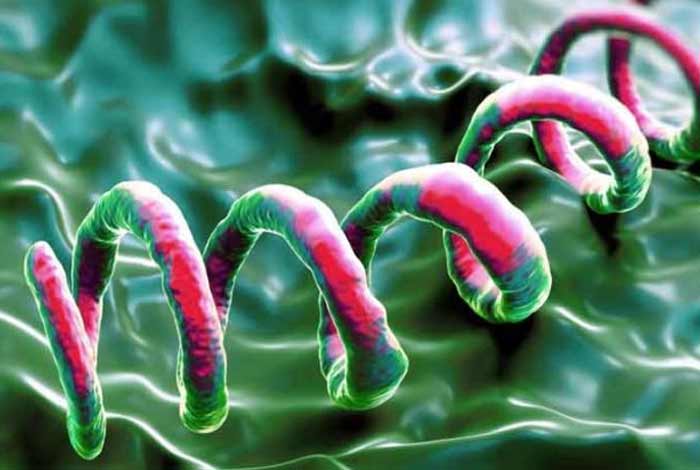
Overview and Statistical Facts
Syphilis is a sexually transmitted infection (STI) caused by the bacteria Treponema pallidum. The disease starts as small painless sores in the genitals, rectum, or mouth. The syphilis sore is known as a chancre. Syphilis occurs in three stages: primary, secondary, and tertiary. It is often challenging to diagnose the disease because the painless sores are healed in a few weeks. The bacteria can remain latent state in the body for decades, without showing any symptoms. The infection can stay dormant for as long as 30 years before surfacing as tertiary syphilis. In the tertiary stage, the bacteria can even cause serious harm to vital organs, such as heart and brain. Syphilis spreads through sexual contact with the chancres. Syphilis It is possible to treat syphilis using penicillin, in the early stage. If syphilis is not treated, it can damage brain, heart, or other organs, and even may lead to death in some cases. One can again contract syphilis after being treated. A pregnant woman with syphilis can pass on this bacteria to her baby with fatal consequences.
The Centers for Disease Control and Prevention (CDC) reported more than 88,000 cases of syphilis in the year 2016. … Syphilis mostly affects people aged between 20 to 39 years. If a person is suffering from syphilis, he or she has 2 to 5 times increased risk of having AIDS. African Americans and a man who has sex with other men are more prone to contract this infection. Syphilis is more common among the African Americans than among the whites.
Symptoms of Syphilis
Syphilis Stages and Associated Symptoms:
Syphilis is divided into four stages: primary, secondary, latent, and tertiary, depending on the severity of the symptoms. The stages and their associated symptoms are described below:
1. Primary Stage: This stage of syphilis begins with the appearance of chancre. It is the area from where the bacteria entered the body.
2. Secondary Stage: The secondary stage of syphilis can be characterized by a sore throat and rashes throughout the body. These rashes are commonly visible on soles and palms. A person even fail to notice these rashes before they disappear. Some other symptoms of the secondary stage of syphilis are:
- Fatigue
- Headache
- Fever
- Swelling in lymph nodes
- Hair loss
- Weight loss
The secondary stage of syphilis is often mistaken for some other disease.
3. Latent Stage: In this stage of syphilis, although the bacteria exist in the body, there are no visible symptoms. The primary and secondary stages of syphilis have subsided. The bacteria remain in the body for decades before advancing to the tertiary stage of syphilis.
4. Tertiary stage: This is the last stage of the infection. Around 15 to 30% of the people who have not received proper treatment for syphilis, enter the tertiary stage of disease. This stage can continue for years or decades after contracting the bacteria. The bacteria in this stage start to damage the vital internal organs of the body. This stage can be fatal or life-threatening. Few outcomes of the tertiary stage are:
- Loss of memory
- Mental illness
- Blindness
- Dementia
- Paralysis
- Deafness
- Destruction of bone and soft tissue
- Neurological diseases like meningitis and stroke
- Heart complications
- Infection in brain or spinal cord, known as neurosyphilis
In neonatal or congenital syphilis, a woman who is suffering from syphilis can transmit the bacteria to the baby through placenta or during delivery. Generally, there are no symptoms in babies who have contracted syphilis. Sometimes, the babies might have rashes on soles or palms. The bacteria can lead to several deformities like saddle nose, seizures, deafness, and teeth deformities. Fortunately, syphilis during pregnancy can be treated.
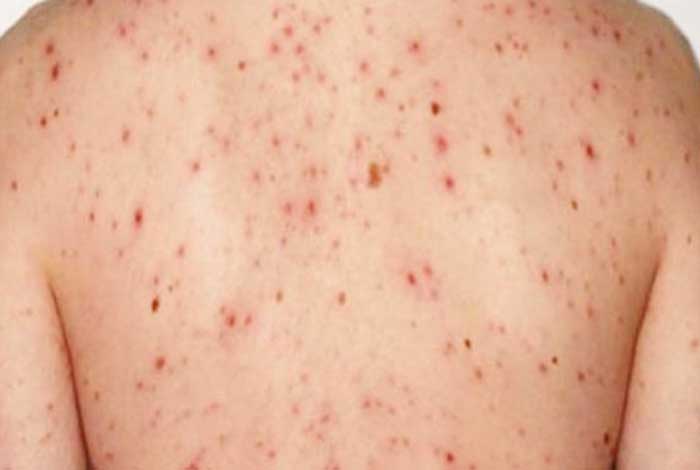
Risk Factors of Syphilis
The risk factors associated with syphilis are:
- Involving in unprotected sexual intercourse
- Having sex with multiple partners
- A man who has sex with other men
- A person infected with HIV
- Having sex with someone who is suffering from syphilis or has previous history of syphilis

Do I have Syphilis?
The only way to make sure that you have syphilis is to get tested for syphilis. The symptoms of syphilis are absent for years and even decades after the entry of the bacteria into the body. The initial symptoms, such as sores in the primary stage and rashes in the secondary stage go undetected. These symptoms finally disappear gradually.
However, if you notice the sores on genital parts, mouth or rectum, these might indicate syphilis or any other sexually transmitted diseases, such as chancroid, herpes simplex virus infection, or any other diseases that causes sores.
A person who is unaware of suffering from syphilis can pass it on to their sex partners. If you have indulged in unprotected sex with one or multiple sex partners, it is advised that you should get yourself checked for syphilis.
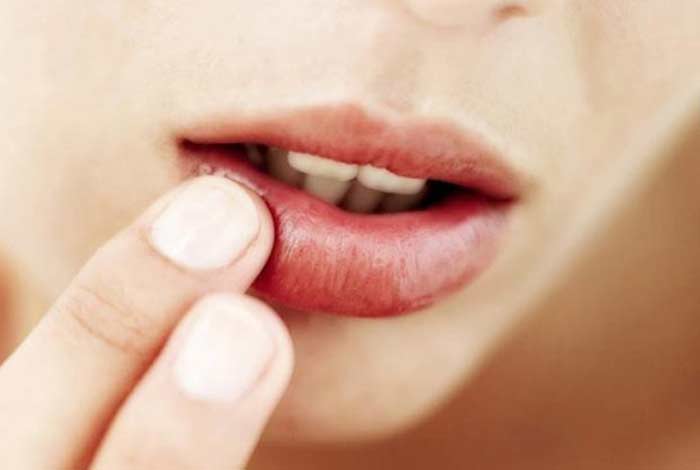
Causes and Prevention of Syphilis
Causes:
Syphilis is caused by the spiral-shaped bacteria Treponema pallidum. Most commonly, this is transmitted through sexual contact with an infected person’s sore.
Rarely, the bacteria can also be transmitted by close contact with an active sore while like kissing and from a pregnant woman to her baby causing neonatal or congenital syphilis.
However, it cannot be caused by sharing clothes, utensils, door knobs and toilet seats. After treatment, you can again contract the bacteria on physical contact with someone’s syphilis sore.

Prevention:
The preventive measures that can be taken to reduce the risk of syphilis are:
- Avoiding unprotected sexual intercourse
- Mutual and long-term monogamy with a partner not affected with syphilis
- Using condoms that would prevent contact with genital sores. However, they would not prevent against bodily sores.
- Use of a plastic square or dental dams while having oral sex
- Avoid sex with anybody showing the symptoms of syphilis or suffering from syphilis. One must abstain from sex until they are completely treated for syphilis
- Not sharing sex toys with others
- Avoiding intake of drug and alcohol, that might end up in unsafe sexual practices
- getting preventive screening for STIs and sharing the results with your sex partner(s)
- all the pregnant women are advised to get screened for syphilis as it can go undetected. This would help in preventing the baby from acquiring the bacteria.

Diagnosis and Tests of Syphilis
Diagnosis can be done in the following ways:
Blood tests: Blood tests can show the presence of the antibodies produced by the body against bacteria causing syphilis. These antibodies remain in the blood even for decades and years after infection. These tests can determine a previous or current infection.
Cerebral spinal fluid test: If a doctor suspects tertiary syphilis in a patient facing nervous system problems, he can obtain a sample of cerebrospinal fluid through a lumbar puncture (spinal tap). This fluid can then be tested for presence of syphilis bacteria.
Fluid from sores: In the primary and secondary stages, fluid sample from sores are collected to test for the presence of syphilis bacteria.
If there is positive result during the diagnosis of syphilis, all the sex partners must be informed and should be screened for syphilis. The local health service providers help the partners in getting screened and treatment, if necessary. They also provide assistance with HIV screening.
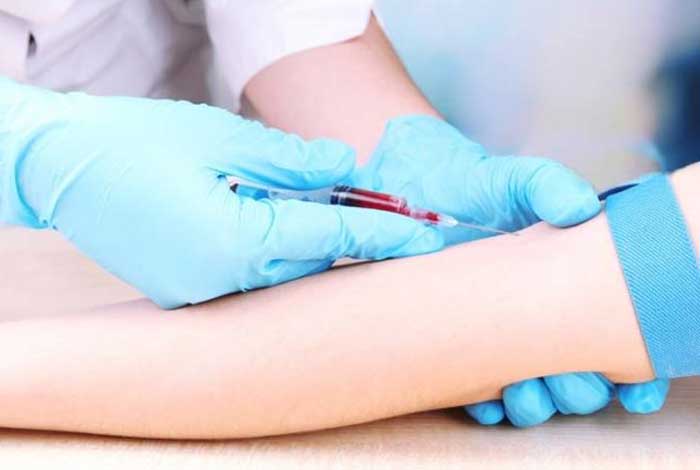
Treatment and Care of Syphilis
Treatment:
The treatment of syphilis is possible in the early stages. Treatment with Penicillin is required to treat syphilis in the early stage. If left untreated, this can be fatal for the affected person.
For primary, secondary, and latent stage of syphilis, the person will receive intramuscular injection of Benzathine penicillin G. Tertiary stage of syphilis requires multiple injections in a single week. Whereas, for treating neurosyphilis one needs to stay at hospital for multiple daily doses of penicillin injected intravenously. This treatment process helps in removing the bacteria from the central nervous system (CNS).
People who are allergic to penicillin are treated with different types of antibiotics, namely azithromycin, doxycycline, or ceftriaxone. Pregnant women with syphilis are treated only with penicillin. If they are sensitive to penicillin, they might undergo a desensitization process which allows them to have penicillin. Newborns, who are exposed to the bacteria during birth, are treated with antibiotics to prevent syphilis.
With the treatment initiation, a person may experience Jarisch-Herxheimer reaction. The symptoms and signs of the condition include nausea, chills, pain, headache, and fever. This would usually last for a day. The treatment would, however, prevent further damage of internal organs, but it cannot reverse the damage already caused by syphilis.
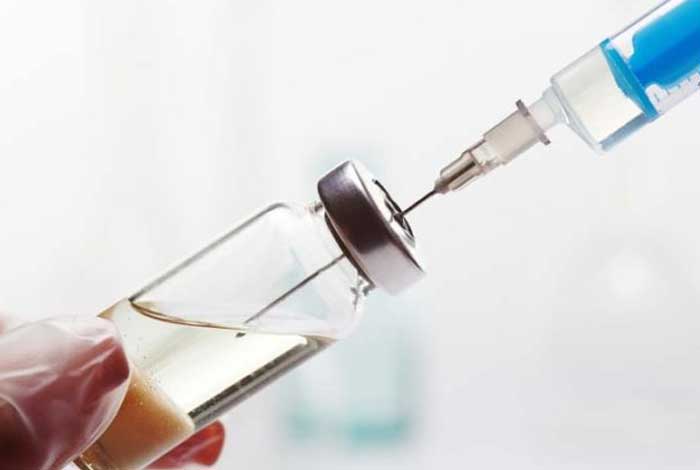
Care of Patients with Syphilis:
- It is important to get all the recommended shots for syphilis. Usually, it requires 3 shots, if you have syphilis for a while.
- Take the antibiotics prescribed as advised by the doctor. One must not discontinue them even if they feel better.
- Do not indulge in any type of sexual contact while being treated for syphilis. Wait for at least a week after the treatment, so that all the sores heal. During the treatment period, despite the use of condom, one can transmit the bacteria while having sex.
- Wash your hands immediately after touching area of infections or sores. This would help in preventing the transmission of the disease to other people and to other areas of your body.
- Inform your sexual partner(s) if you are suffering from syphilis. Ask them to get treated even if they do not show any symptoms or syphilis sores.
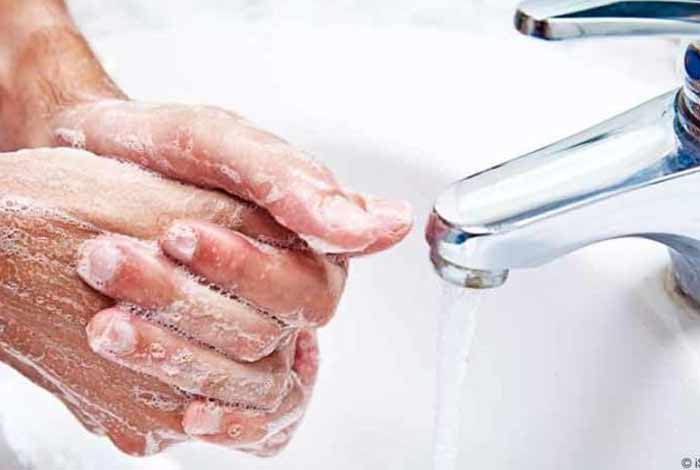
OTC Medications and Self-Management Methods for Syphilis
There is no OTC for Syphilis. However, one can take supplements rich in Vitamin C, Vitamin B complex, Vitamin K, co-enzyme complex, and zinc. A Prodophilus supplement helps in having good bacteria in the intestine, this helps in fighting syphilis.
Self-management methods:
- Have multiple tests and screening for syphilis to make sure that you are responding to the penicillin dosage
- Avoid any type of sexual contact unless the blood tests indicate the absence of infection
- Advise your sex partner(s) to get screened and treated for syphilis
- Increase intake of foods rich in Vitamin C and anti-oxidant content to boost your immunity
- Keep your hands washed so that you might not infect any other body part by touching the sores
- Avoid sex with multiple partners
- Develop a habit of drinking 8-10 glasses of water a day to detoxify body
- Have a balanced meal that has high nutritional value
- Use latex condoms and dams while having sexual intercourse
- Take the antibiotics on time, as prescribed by the doctor
- Do not have sex with anyone suffering from any type of sexually transmitted disease or infection

Natural Ways to Cure Syphilis
- Acupuncture along with acupressure can help in boosting one’s immunity. It helps in fighting the syphilis bacteria. Acupuncture also helps in relieving the stress.
- 10 grams of Corchorus Fascicularis, along with water and pepper used for about 3 weeks, can help in reducing the symptoms associated with syphilis.
- The root of yellow thistle, when mixed with water and pepper, helps in curing syphilis. It must be consumed for several weeks for positive results.
- Nigand babri mixed with water and pepper kept overnight and consumed next day, is an excellent way to cure syphilis.
- Blue vitriol mixed with water and pepper can cure syphilis. The powder of this herb in about one decigram should be consumed twice daily with cream or butter.
- Indian pennywort helps in alleviating the sores associated with syphilis. Its powder is applied to the syphilis sores.
- Wheat, honey, rice, and vegetables, such as barley, radish, bitter gourd, etc help in relieving symptoms of syphilis.
- Garlic acts as a natural antibiotic and increases body’s immunity.
- Chinese herbal therapy encourages use of certain herbs depending on the symptoms
Health Tip by Expert
It is advised to avoid unprotected sex and take all necessary steps to keep protect yourself from developing syphilis. It is also suggested that you should develop a habit of relying on balanced vegetarian diet, for fast recovery from syphilis.




